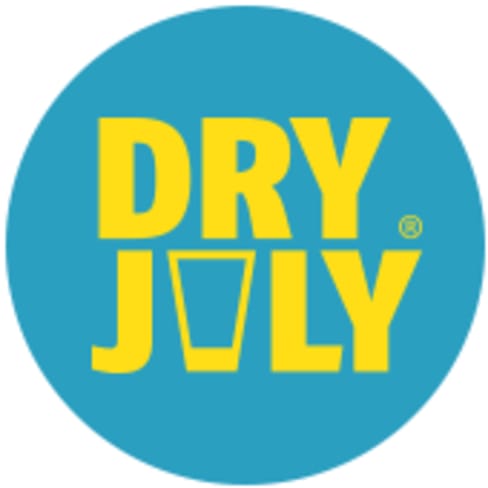Thanks to Dry July Funding, in October LGFBNZ gathered over 35 Volunteer Coordinators and Facilitators from around the Country for a first ever joint conference session. The goal was to continue to develop and grow the classes to meet the demand of increasing diagnosis of cancer throughout New Zealand. New additions to classes were shared over the two days including;
- Breathing techniques - Breathing exercises have been trialled in the Auckland classes with a great response. On the back of this trial, we have trained our facilitators on these techniques, which will be added to future classes.
- Easy t-shirt head coverings for participants was part of the demonstrations throughout the conference. LGFB aims to provide tangible tips and techniques. So that all participants can take something away that will help them tomorrow. The LGFB Facilitators have now been taught simple scarf tying techniques and tee shirt head wraps to share with their participants.
- Change in the class format – Feedback demonstrates a strong theme of connection between the participants. The time they feel most comfortable to connect is midway through the programme so the sessions have been tailored accordingly.
- The men’s programme was shared with all facilitators, and a programme of training for 30% annual growth in centres throughout New Zealand was introduced.
Additional outcomes from the conference include:
• Development of more Saturday locations for participants in 2019 - Over 97% of past participants indicated that if offered they would have preferred a Saturday class. In line with this in late 2018 and 2019 we set a goal at the conference that every region in New Zealand will offer a Saturday class.
• Development of Pop up centres for more rural regions - 5 pop up areas were identified for trials in 2019.
• Introduction of additional steps within the programme to complement the current signature steps
• Introduction of video content to support the programme
• With the developments and increasing need for volunteers with strong technical knowledge comes the need for formal annual training and support material. A programme of training early in 2019 will be introduced and the plan for development of “Youtube” instructional videos was presented.
• The introduction of participant advocates in the regions to support awareness of the programme through volunteer support
• The introduction of completely centralised participant booking and confirmation service.
• Development of more men’s locations in 2019
• The development of volunteer acquisition for Saturday classes and new centres
• Support for volunteer retention in the 38 current core regions.
A huge thank you to Dry July participants for helping LGFBNZ ensure our programmes are evolving, accessible and best meeting the needs of any person, facing any cancer, at any time.

